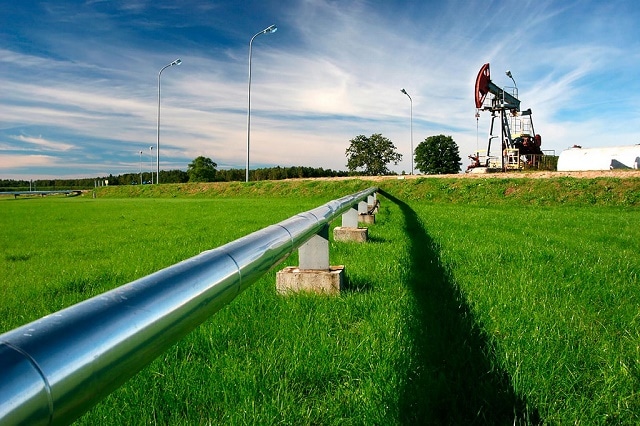Apr 18 2016
Researchers at the Mexican Oil Institute (IMP) have created biosurfactants capable of decreasing oil viscosity and reducing operating costs.
 Heavy Oil Transport
Heavy Oil Transport
The reason of developing these biosurfactants was to enable the transportation of heavy and extra heavy oils for Petroleos Mexicanos (Pemex). The novel technology provides the flexibility required to transport crude oil via ducts from the production units to the refineries.
In Mexico, heavy and extra-heavy represent nearly 50% of crude oil reserves and therefore, Pemex is highly interested in this technology to resolve its transportation issues such as drop in pressure and heating of the hydrocarbon. These issues can cost production time and money.
Dr. Jorge Aburto, research lead and Manager of Biomass Transformation at IMP stated that the IMP project is an alternative option. The project involves blending of the oil with water using biosurfactants obtained from trees, grass, plant biomass, corn and wheat residue. They contain a specific type of molecules. The addition of biosurfactants leads to the formation emulsions.
What we did was to get a fraction of these molecules, modify them in a way that would allow a stable emulsion of oil in water. It is similar to mayonnaise, except that the amount of water it has is very small and ours is greater.
Dr. Jorge Aburto, Manager, Biomass Transformation, IMP
The creation of emulsion assists in significantly reducing oil viscosity.
We are talking about virtually solid oil, and when we emulsify it in water the resulting viscosity is equivalent to that of a liquid flowing without any problems. Furthermore, the process does not change the composition and properties of the hydrocarbon.
Dr Aburto Anell, IMP
The team stated that the project has advantages, because in oilfields plenty of water is dispersed in the oil that is produced, which raises the level of viscosity and causes transport problems. By making an inverse emulsion, density can be eliminated, and operational issues caused by chemical compounds such as paraffin and asphaltene are decreased.
As this project has already been through lab tests, a pilot phase was initiated where large-scale emulsion formulations were used to test oil flow in a pipeline deployed in the state of Veracruz. A national patent was obtained for this technology, and four more are being awaited - two Mexican patents and two international patents (the US and Canada).
At the moment, in situ testing is sought. "We are going to go to a Pemex well and make technological tests that will allow us to measure the real situation in technical and economic feasibility".